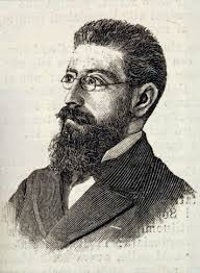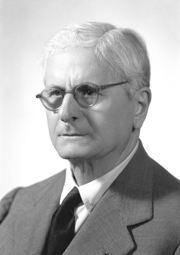
Arturo Labriola was an Italian revolutionary syndicalist and socialist politician and journalist.

Rocco Chinnici was a noted Italian anti-Mafia magistrate killed by the Sicilian Mafia.

The Fasci Siciliani[ˈfaʃʃi sitʃiˈljani], short for Fasci Siciliani dei Lavoratori, were a popular movement of democratic and socialist inspiration, which arose in Sicily in the years between 1889 and 1894. The Fasci gained the support of the poorest and most exploited classes of the island by channeling their frustration and discontent into a coherent programme based on the establishment of new rights. Consisting of a jumble of traditionalist sentiment, religiosity, and socialist consciousness, the movement reached its apex in the summer of 1893, when new conditions were presented to the landowners and mine owners of Sicily concerning the renewal of sharecropping and rental contracts.

Filippo Turati was an Italian sociologist, criminologist, poet and socialist politician.
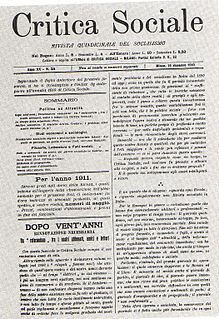
Critica Sociale is a left-wing Italian newspaper. It is linked to the New Italian Socialist Party. Before Benito Mussolini banned opposition newspapers in 1926, Critica Sociale was a prominent supporter of the original Italian Socialist Party (PSI), which included a spectrum of views from socialism to Marxism.

In Italy, there are some active movements and parties calling for autonomy or even independence for the areas comprised within the historical Kingdom of the two Sicilies: that is, Southern Italy and/or the region of Sicily. No political movement promoting these ideas has ever been successful in gaining traction among the population. The movement remains on the fringes with no representation in the Italian parliament.

Rosario Garibaldi Bosco was an Italian Republican-inspired socialist, politician and writer from Sicily. He was one of the leaders of the Fasci Siciliani, a popular movement of democratic and socialist inspiration in 1891-1894.
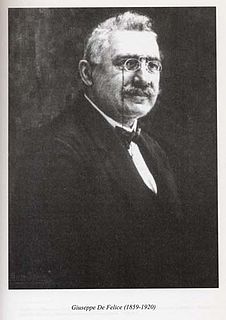
Giuseppe De Felice Giuffrida was an Italian socialist politician and journalist from Sicily. He is considered to be one of the founders of the Fasci Siciliani a popular movement of democratic and socialist inspiration. As the first socialist mayor of Catania in Sicily, from 1902 until 1914, he became the protagonist of a kind of municipal socialism.

Nicola Barbato was a Sicilian medical doctor, socialist and politician. He was one of the national leaders of the Fasci Siciliani a popular movement of democratic and socialist inspiration in 1891-1894, and perhaps might have been the ablest among them, according to the Marxist historian Eric Hobsbawm.

Napoleone Colajanni was an Italian writer, journalist, criminologist, socialist and politician. In the 1880s he abandoned republicanism for socialism, and became Italy's leading theoretical writer on the issue for a time. He has been called the father of Sicilian socialism. Due to the Socialist party's discourse of Marxist class struggle, he reverted in 1894 to his original republicanism. Colajanni was an ardent critic of the Lombrosian school in criminology. In 1890 he was elected in the national Italian Chamber of Deputies and was re-elected in all subsequent parliaments until his death in September 1921.
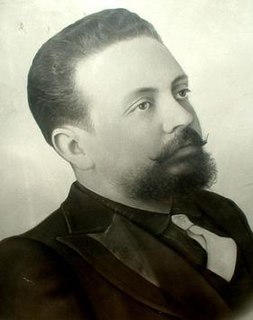
Bernardino Verro was a Sicilian syndicalist and politician. He was involved in the Fasci Siciliani a popular movement of democratic and socialist inspiration in 1891-1894, and became the first socialist mayor of Corleone in 1914. He was killed by the Mafia.
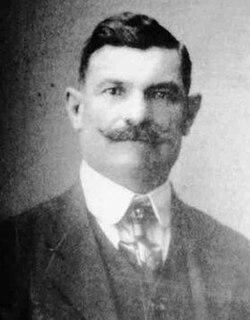
Nicola Alongi, was a Sicilian socialist leader, involved in the Fasci Siciliani a popular movement of democratic and socialist inspiration in 1891-1894. He was killed by the Mafia.

The Caltavuturo massacre took place on January 20, 1893, in Caltavuturo in the Province of Palermo (Sicily), when during the celebration of Saint Sebastian, some 500 peasants returning from the symbolic occupation of 250 hectares of communal land were dispersed by soldiers and policemen, killing 13 and wounding 21 peasants. The claim for land reform was one of the demands of the Fasci Siciliani, a popular movement of democratic and socialist inspiration in 1891-1894.

The Giardinello massacre took place on December 10, 1893, in Giardinello in the Province of Palermo (Sicily) during the Fasci Siciliani uprising. Eleven people were killed and 12 seriously wounded after a rally that asked for the abolition of taxes on food and disbandment of the local field guards. The protestors carried the portrait of the King taken from the municipality and burned tax files.

Nicola Petrina was an Italian socialist and politician from Sicily. He was one of the national leaders of the Fasci Siciliani a popular movement of democratic and socialist inspiration in 1891-1894.

Agostino Lo Piano Pomar was a Sicilian lawyer, socialist and politician. He was one of the national leaders of the Fasci Siciliani a popular movement of democratic and socialist inspiration in 1891-1894.
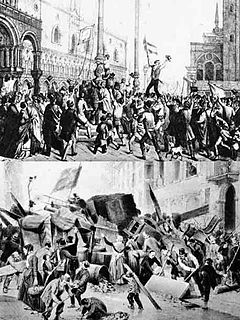
The Lercara Friddi massacre took place on Christmas-day 1893 in Lercara Friddi in the Province of Palermo (Sicily) during the Fasci Siciliani uprising. According to different sources either seven or eleven people were killed and many wounded.

The Sicilian Socialist Party is a democratic socialist and autonomist political party in Sicily. The party was founded on 21 May 2013 and considers itself to be the re-foundation of the 1893 Sicilian federation of the emerging Italian Socialist Party (PSI), often referred to as the Sicilian Socialist Party, that was founded by the leaders of Fasci Siciliani popular movement during a congress in Palermo on 21–22 May 1893. The PSS re-emerged exactly after 120 years from the first congress of the Fasci and in the same place of the 1893 assembly.
